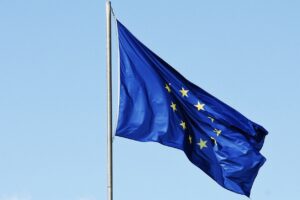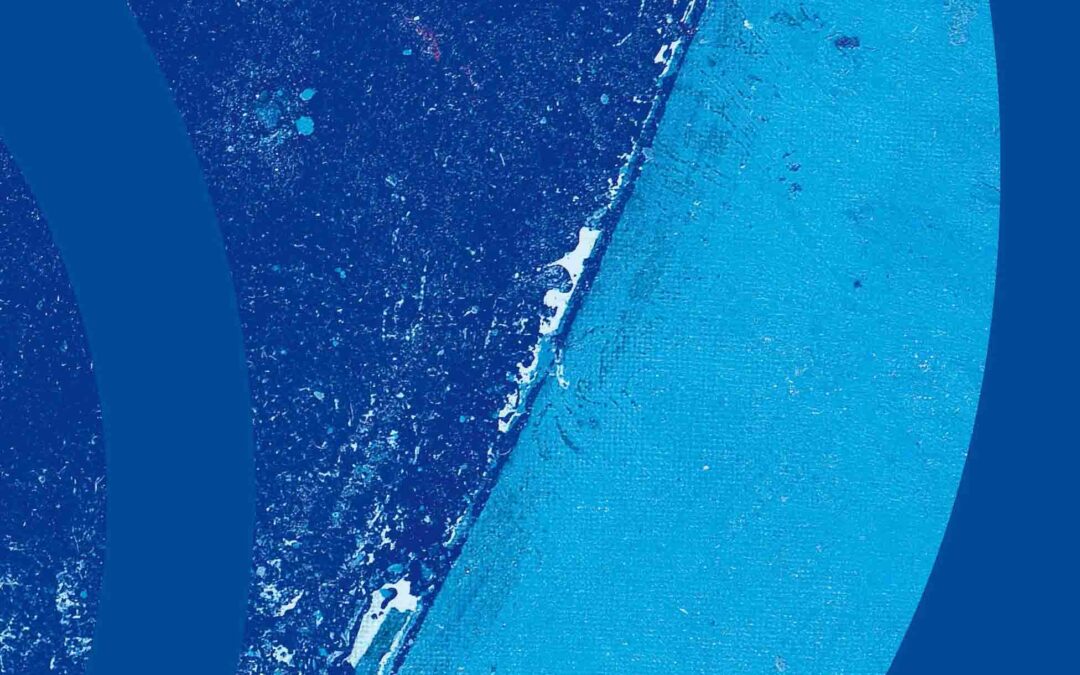
Jan 19, 2015
Es crucial que el próximo Gobierno del Dr Tabaré Vázquez en Uruguay haga todo lo posible para revertir la parálisis en las investigaciones de derechos humanos y dé un impulso renovado a la búsqueda de los desaparecidos, dijo hoy la CIJ, al anunciar la publicación de su nuevo informe.
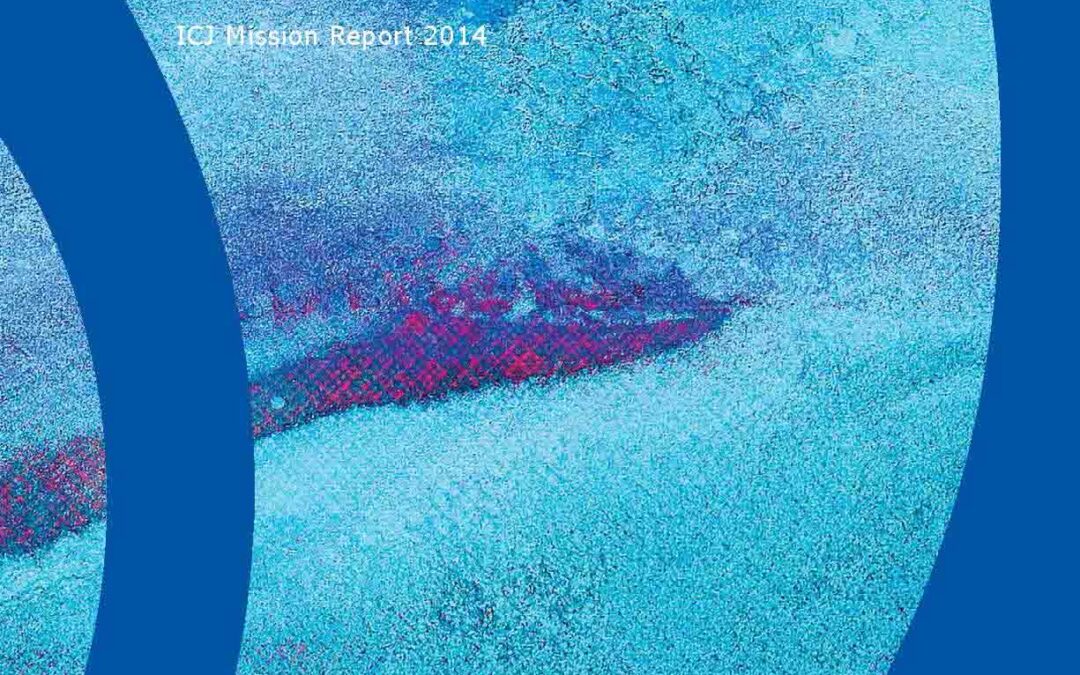
Nov 28, 2014
A new ICJ report concludes that a comprehensive reform of the system judicial appointments and promotions, as well as of other aspects of the judicial system, is essential to ensure that the judiciary in Russia is independent and able to be an effective guardian of the Rule of Law.
Following a mission to the Russian Federation, the report examines issues of judicial selection, the appointment and promotion of judges, considers the institutional, procedural and practical aspects of judicial appointments and promotions.
The Supreme Court and the High Arbitration Court of the Russian Federation merger and a process of re-appointment of judges to the new Supreme Court, which was highly relevant to the mission’s more general concern with judicial appointments, are addressed in the report.
The report concluded that weaknesses in the judicial appointments process have contributed to shortcomings in the independence of the Russian judiciary, which the ICJ has highlighted in previous reports of 2010, the State of the Judiciary in Russia and of 2012 Securing Justice: the Disciplinary system for judges in the Russian Federation.
A gap between law and practice in the selection process and “extra procedural” influences and “shortcuts” used by those tasked with navigating the complex multistage process of selection and appointment of judges are mentioned among main problems in the procedure.
The report offers a number of specific recommendations regarding different aspects of the selection procedure, institutions that play a major role in the process and the judicial reform which needs to be undertaken.
The report was based on the findings of the Mission in May 2014, which met with a number of stakeholders in Moscow, including judges, independent experts and NGOs.
Two expert round-table discussions were held during the mission.
The round-table discussions were organized in cooperation with the Institute of Law and Public Policy and the Independent Council for Legal Expertise.
The Mission included Justice Azhar Cachalia, Judge of the South African Court of Appeal and Chair of the ICJ Executive Committee, Judge Jolien Schukking, Judge of the Administrative High Court for Trade and Industry of the Netherlands, Vidar Stromme, Chair of the ICJ-Norway, Róisín Pillay, Director of the ICJ Europe Programme, Temur Shakirov, Legal Adviser of the ICJ Europe Programme and Mari Gjefsen, member of the ICJ-Norway. The mission benefited from the advice of Justice Tamara Morshakova, ICJ Commissioner and former justice of the Constitutional Court of the Russian Federation.
Contact:
Róisín Pillay, Director, Europe Programme, roisin.pillay(a)icj.org
Temur Shakirov, Legal Adviser, Europe Programme, temur.shakirov(a)icj.org
RUSSIA-Selecting the judges-News-2014-Rus (full text in PDF)
RUSSIA-Selecting the judges-Publications-Reports-2014-Eng (full text in PDF)
RUSSIA-Selecting the judges-Publications-Reports-2014-Rus (full text in PDF)
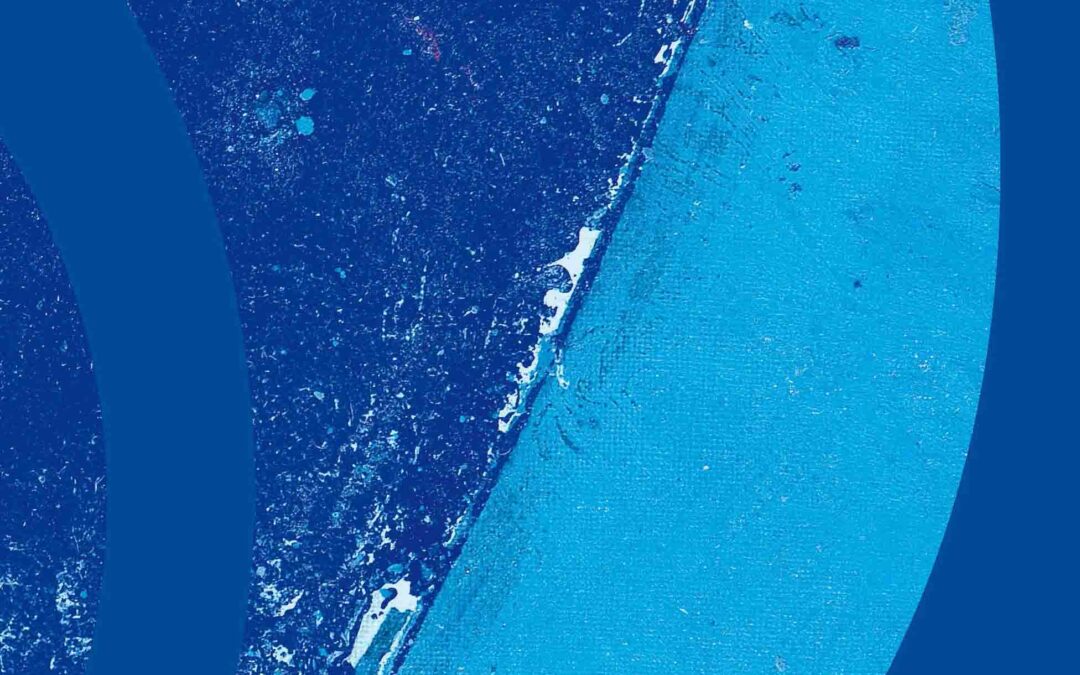
Nov 27, 2014
Today, the ICJ Centre for the Independence of Judges and Lawyers published two new documents on the independence and integrity of judges and lawyers in Venezuela.
First, the ICJ today publishes a full English translation of the detailed report Strengthening the Rule of Law in Venezuela. The report was originally published in June 2014, in Spanish only (with the executive summary and conclusions separately available in English).
The report analyses weaknesses and failures, including political interference, in the Venezuelan legal system that threaten the rule of law, democracy and human rights. It recommends certain measures to secure the independence and impartiality of judges and prosecutors, and the ability of lawyers to be effective and independent in the exercise of their profession.
Second, the ICJ has added a country profile for Venezuela to its growing series of profiles of the situation of judges, lawyers and prosecutors in countries from around the world. The profile summarizes laws and practices in Venezuela against relevant international and regional standards. The country profiles are designed to give quick access to key information in a format that provides links to source material, and also facilitates comparison between countries. It is available as an interactive webpage (with clickable links to the sources of information), and for download in PDF format.
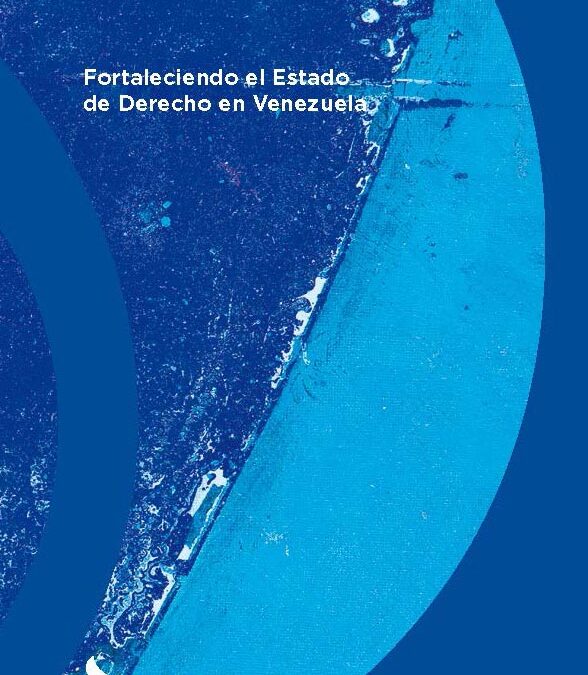
Jun 5, 2014
A new report launched today by the ICJ pinpoints key deficiencies in the Venezuelan legal system, which threaten the rule of law, democracy and human rights in the country.
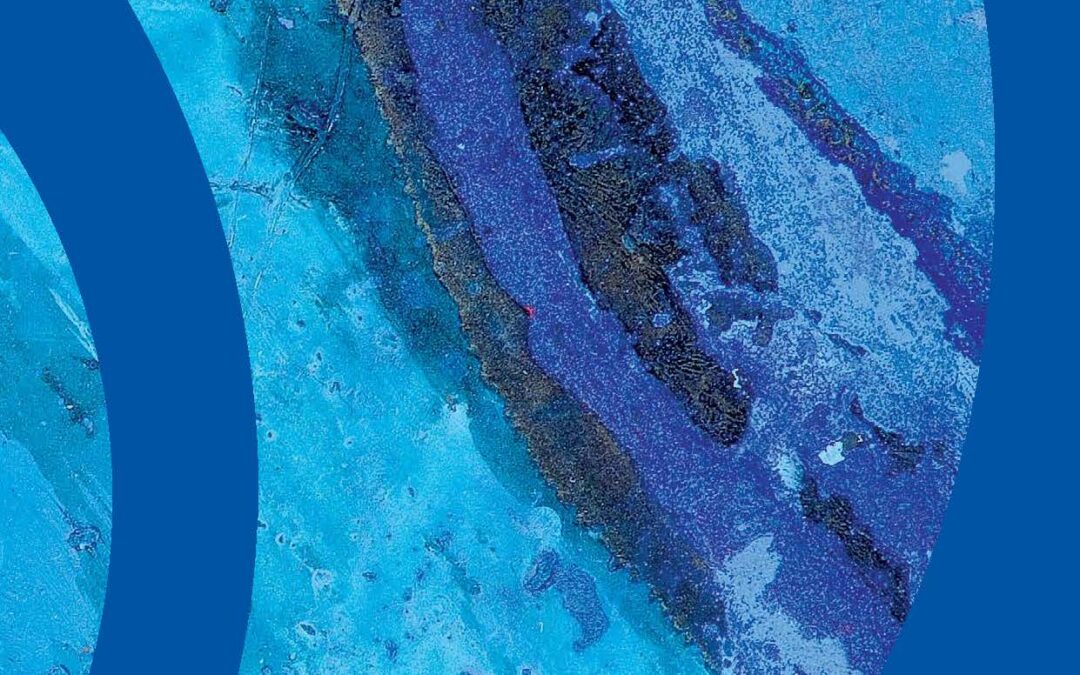
Feb 11, 2014
An ICJ report published today raises concerns at the effect that the recent reform is having on the organization and effective functioning of the legal profession in the country.
The report casts light on a conflict in the legal profession, which has led to apparently arbitrary disciplinary action against a significant number of lawyers.
The report, Ukraine: conflict, disbarments and suspensions in the legal profession, reveals the escalating dispute in the legal profession following the implementation of a new law, signed by the President on 5 July 2012, which significantly changed the organization of the profession and provides for the establishment of a new bar association.
The law, which provided an opportunity to strengthen the independence of the profession, in practice has led to a serious split between rival groups of lawyers and to the abuse of the disciplinary process.
The conflict in the profession came to a head when a number of lawyers were prevented from taking part in the founding Constituent Congress for the establishment of the new bar association, in November 2012.
This led to those lawyers forming a parallel Congress and to the establishment of two rival National Associations of Lawyers.
“The fact that approximately half of the delegates were unable to take part in the main founding Congress of the National Association of Lawyers points to a worrying fracturing and weakness in the institutions and procedures of the profession,” Temur Shakirov, Legal Adviser of the Europe Programme, said today. “More generally, the way in which the reform was implemented has led to instances of abuse of powers within the legal profession, through for example imposing disciplinary sanctions.”
After the conclusion of the Congress, seemingly unwarranted disciplinary action was taken against lawyers who were active in one of the two rival National Bar Associations.
The report finds a consistent pattern in the decisions to initiate such disciplinary proceedings, suggesting reasons other than those related the lawyers’ professional conduct.
These disciplinary proceedings raise serious concerns in regard to possible violations of rights to freedom of association and the right to participate in the governance of the legal profession.
The ICJ noted that the UN Basic Principles on the Role of Lawyers, require the State to ensure that disciplinary sanctions are not unfairly or arbitrarily imposed on lawyers for action taken in accordance with the legitimate exercise of their professional duties, and in accordance with accepted standards of professional conduct.
“We call on the authorities to investigate the conflict in the profession and subsequent disciplinary action,” said Temur Shakirov. “They must ensure that lawyers are able to carry out their duties in an atmosphere free of intimidation, hindrance, harassment or improper interference.”
Contact:
Róisín Pillay, Director, ICJ Europe Programme, roisin.pillay(a)icj.org
Temur Shakirov, Legal Adviser, ICJ Europe Programme, temur.shakirov(a)icj.org
Ukraine – Conflict, Disbarments And Suspensions In The Legal Profession – publications-report-2014-eng (full text in pdf)
Ukraine – Conflict, Disbarments And Suspensions In The Legal Profession – publications-report-2014-ukr (full text in pdf)









